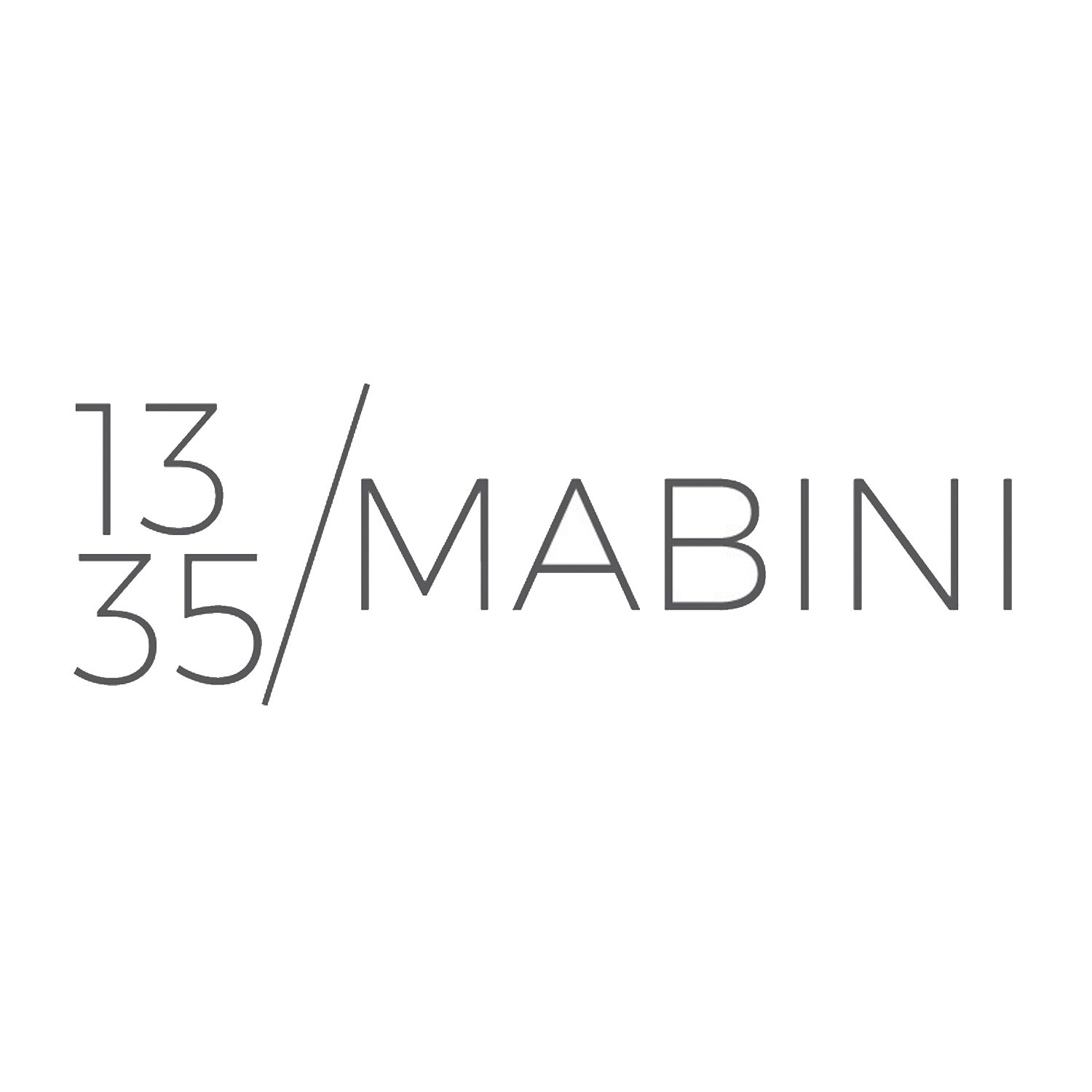CUMULUS BLIMP: A Transnational Platform of Discourse
[...] dialogue between cultures is not an exchange between groups, but first and foremost an exchange between individuals. Cultures are not distinct entities; they only exist through the people who represent them and who are never identical.
Amin Maalouf
Art plays an active role in enriching endeavors to recognize distinct worldviews through the conception of new languages that contribute to current discourses. The mission of 1335MABINI is to support and further develop critical dialogue by featuring local and international contemporary artists in exhibitions, workshops, and lectures that address national and global affairs.
Positioned between a gallery and an alternative space, 1335MABINI aims to bring together perspectives on the relationship between the various programs and protagonists of contemporary art by recontextualizing the different scenes, institutions, initiatives, and individuals, establishing itself as platform dedicated to the cultivation of symbiotic projects between artistic, interdisciplinary, and community-based practices. Building relationships for the future is the key on creating new structures and reinventing the existing ones.
Now, with taking in account the flexibility a Project Space has to offer 1335MABINI|projects introduces “Cumulus Blimp: A Transnational Platform of Discourse”, a series of exhibitions and residencies that aims to induce diverse perspectives on the agenda of cultural engagement.
Apart from being a large condensed mass of water vapor, it is now more common for people to refer to cloud as a technological network. As this project is visualized to move as it progresses, 1335MABINI|project's function is similar to that of a blimp: an ascending and forward-driven vehicle compounded of artists from different backgrounds that are mutually engaged in a stimulating environment.
From June 2017 to March 2018, 1335MABINI will host seven exhibitions involving 15 artists from the Philippines Japan, Taiwan, Indonesia, Austria, America, and Israel.
[...] Intercultural dialogue is a process based on an open and respectful exchange of views between individuals, groups and organizations with different cultural backgrounds or mindsets. Among its aims are: to develop a deeper understanding of diverse perspectives and practices; to increase participation, to ensure freedom of expression and the ability to make choices; to foster equality; and to enhance creative process. [...]
Cliche, Danielle and Wiesand, Andreas:
IFACCA: D'Art Report No 39, p 5, 2009
RINNE ABRUGENA
IABADIOU PIKO
June 30 to July 25, 2017KRISTOFFER ARDENA
MICAELA BENEDICTO
KLAUS WANKER
July 28 to August 22, 2017
ERNEST CONCEPCION
HSIEH MU-CHI
September 15 to October 13, 2017
LORY JOY ABLOLA
NAOKI TOMITA
October 20 to November 17, 2017
BREE JONSON
MICHAL BARATZ KOREN
November 24 to December 22, 2017
